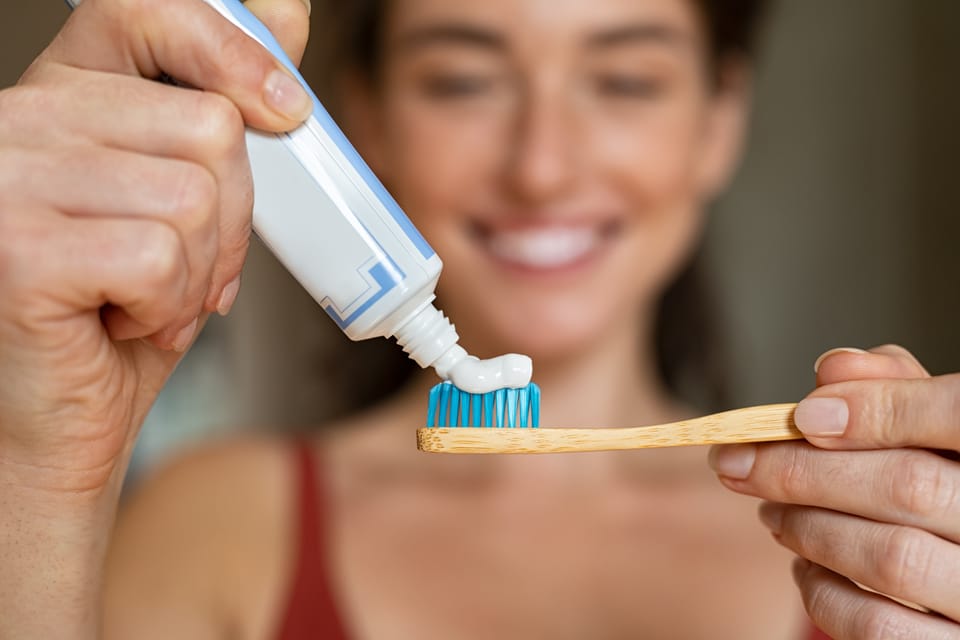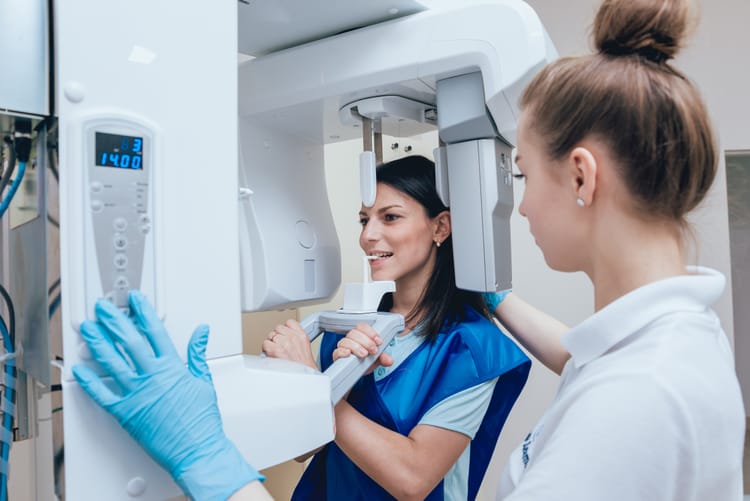Hair in your toothpaste?

The latest toothpaste ingredient? Hair. It could be the key to helping halt decay and repair enamel. In addition to a potential breakthrough in toothpaste, we take a look at changes to the American Dental Association's budget, a different approach to periodontal care and a new program to improve access to dental and medical care in rural communities.
But first: one dentist has had enough bad-mouthing and sued a patient for a series of negative reviews across multiple platforms.

A new ingredient for toothpaste? Keratin derived from hair shows promise as a toothpaste ingredient. Researchers found that it mimics natural enamel.
Henry Schein partners up for salivary testing. Henry Schein formed a strategic partnership with biotechnology company Oral Genome to bring salivary testing to its network of customers.
A dentist and a heart attack. Alan Mead, DDS, interviews David Clark, DDS, about his life-threatening heart attack and how it changed his outlook on life and his dental career.
An ex-NBA player and dental fraud. Ex-NBA player Sebastian Telfair is asking President Trump for a pardon after being accused of participating in a scheme to submit $2.5 million in fraudulent health and dental claims.

ADA cuts $20M in 2025 budget
The American Dental Association (ADA) recently announced plans to reduce expenses by $20 million in its 2025 budget. The cuts will impact staff, operations, the ADA board and council, advocacy, member-facing programs, education, some previously planned initiatives and DSO/large group practice engagement. The cuts are being made to help the organization recover from "years of deficit spending and investments."
Why it matters: The ADA is the largest professional dental association. Changes to its budget and activities could impact its members and the dental profession as a whole. (ADA)
Helping patients see the link between oral and systemic health
Dentists are well aware of the strong connection between oral and systemic health, but patients don't always have the same level of understanding. Dental and health care remain very siloed. Dental and medical insurance are often separate. Patients frequently put off visiting the dentist unless they are experiencing pain. In some populations, oral care is viewed as less important than medical care.
Why it matters: While there are barriers that stand in the way of patients understanding oral and systemic health, dental professionals can educate patients and, hopefully, improve their overall health outcomes. (RDH)
Redefining periodontal care
In an article for Dental Economics, Melissa A. Obrotka, BA, RDH, argues that dental practices should be reevaluating the way they approach periodontal care. She calls for a new treatment protocol that recognizes periodontal disease as "a chronic inflammatory medical condition." A comprehensive protocol could include steps like biofilm disclosure, salivary diagnostics, erythritol-based airflowing and patient education.
Why it matters: Dentists see periodontal disease in their practices every day. Approaching these cases from a perspective of oral and systemic health could help improve patient outcomes. (Dental Economics)

- New teledentistry app aims to improve dental care for seniors
- Meet the new dean of UMKC School of Dentistry
- Indiana University launches Pathway to Dentistry program
- What do new dental hires need to succeed?
Thanks for reading today's edition! You can reach the newsletter team at newsletter@dentalbite.co. We enjoy hearing from you.
Interested in advertising? Email us at newslettersales@mvfglobal.com
Dental Bite is curated and written by Carrie Pallardy and edited by Lesley McKenzie.



